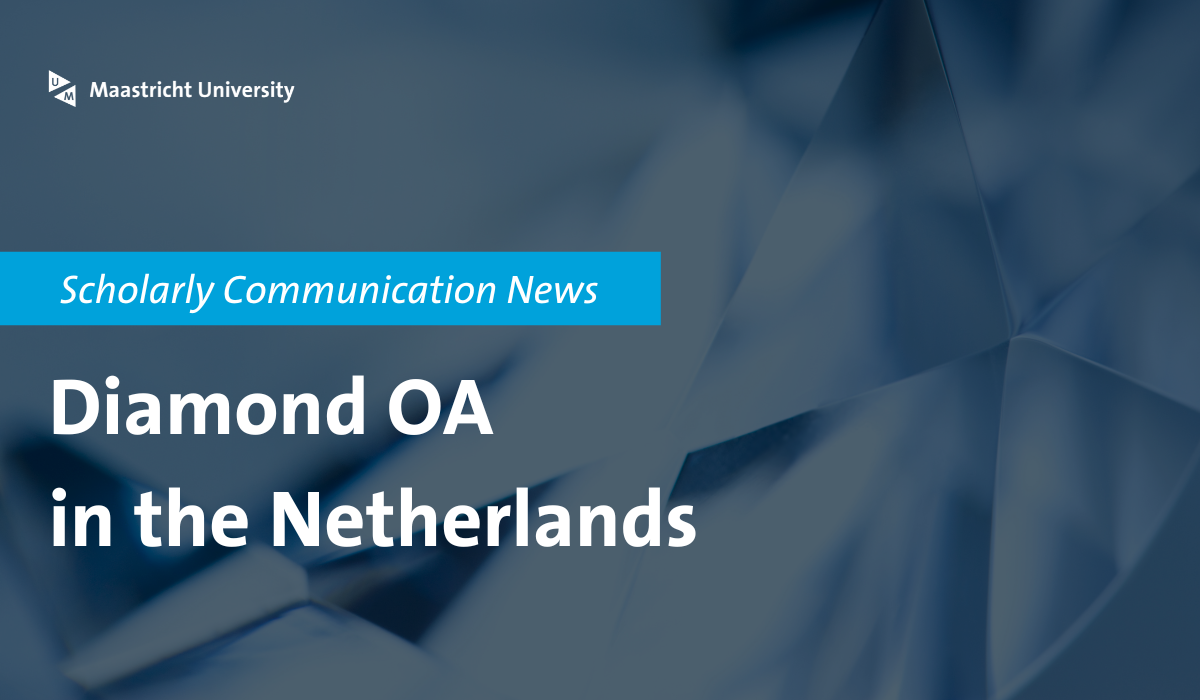Key Points
- Diamond Open Access (DOA) ensures immediate access to scholarly works without embargoes.
- DOA promotes diversity in publishing, enabling researchers with limited resources to contribute.
- Maastricht University is committed to enhancing DOA through collaborative projects.
- Embracing DOA aligns with a more responsible and equitable dissemination of knowledge.
Diamond Open Access
Diamond Open Access (DOA) is not just a model; it’s a movement towards a more inclusive and sustainable scholarly communication ecosystem. By prioritising societal impact and returning control of the publishing process to researchers, DOA empowers academics to share their work without barriers.
DOA, often associated with academic-led and not-for-profit publishing initiatives like university presses, is gaining momentum globally. Many international efforts are taking place around DOA and the sustainability of the publishing landscape, with particular emphasis on the Latin America case of success in consolidating DOA in the scholarly communication ecosystem and the DIAMAS, CRAFT-OA, and PALOMERA projects, with a focus on the European Research Area.
DOA in the Netherlands
The recent launch of the project “Enhancing Diamond Open Access in the Netherlands” signifies a significant step towards strengthening non-profit scholarly- and library-led publishing. This collaborative effort by UKB (University Libraries & National Library) and UNL (Universities of the Netherlands) aims to create a conducive environment for DOA through an integrated and collective approach.
This development is immensely relevant for Maastricht academics. It opens doors to a publishing landscape that values diversity, multilingualism, and researcher-led initiatives. Embracing DOA means contributing to a more balanced scholarly communication environment where knowledge is shared equitably and inclusively.
The project plan consists of three parts:
- Establishing a national expertise centre for DOA – collaborative information about DOA publishing for academics
- Developing capacity within DOA publishing platforms – collaboration between institutional publishers like Maastricht University Press
- Implementing a monitoring system for DOA – enhancing our current Open Access Monitor
Closing Remark and more information
As we embark on this journey towards a more responsible and open scholarly communication landscape, let’s embrace the principles of Diamond Open Access and join us in shaping a more inclusive and sustainable academic world.
Ron Aardening, Scholarly Communication & Publishing Officer
More information
We would like to hear from you
Thanks for reading our posts. If you have questions, ideas, or feedback, please comment below or message us at openaccess@maastrichtuniversity.nl.
UM scholars can also engage with us and discuss this topic in our UMployee group [intranet].
Please use our Ask Your Librarian service for prompt answers to concrete questions and issues.



0 Comments